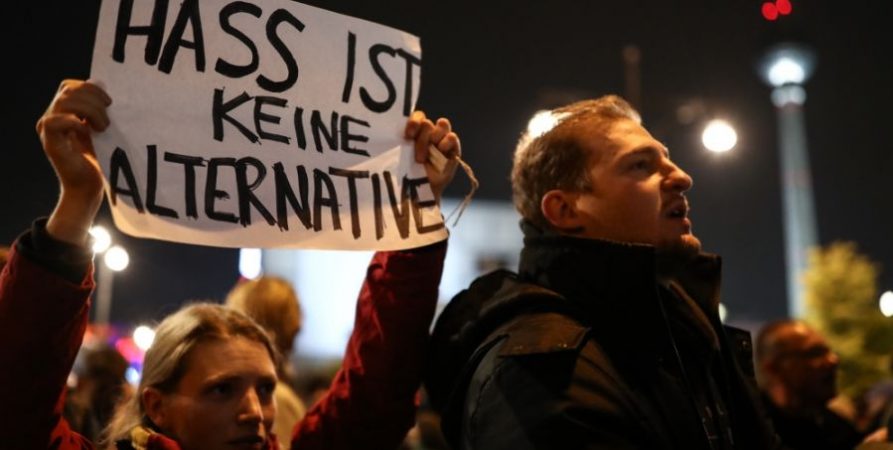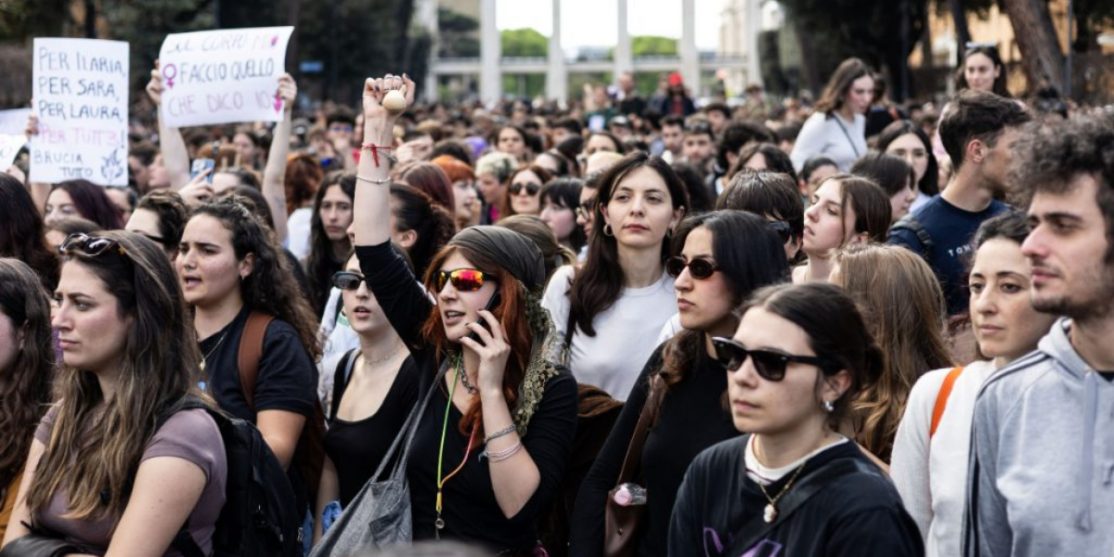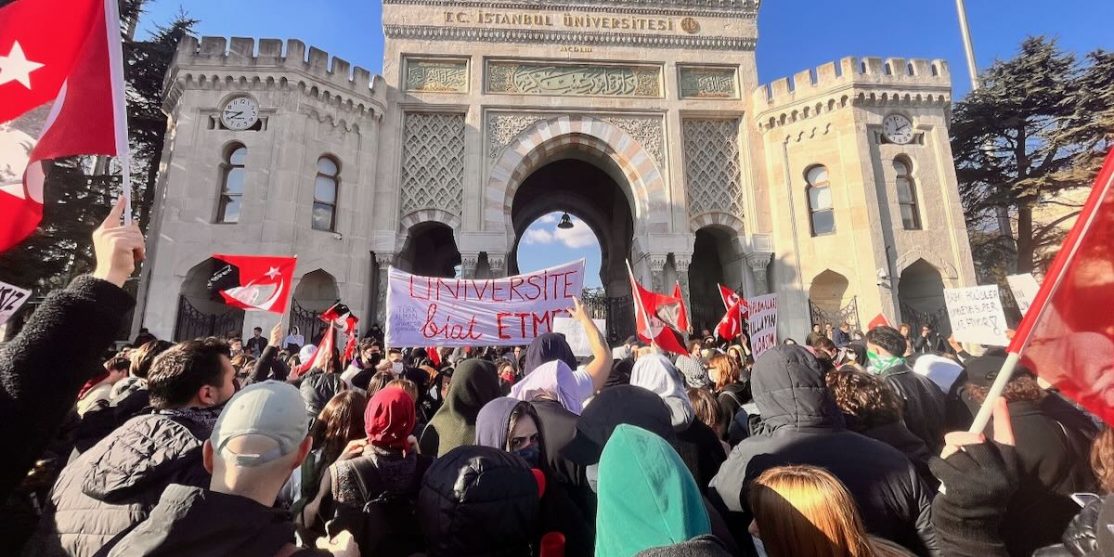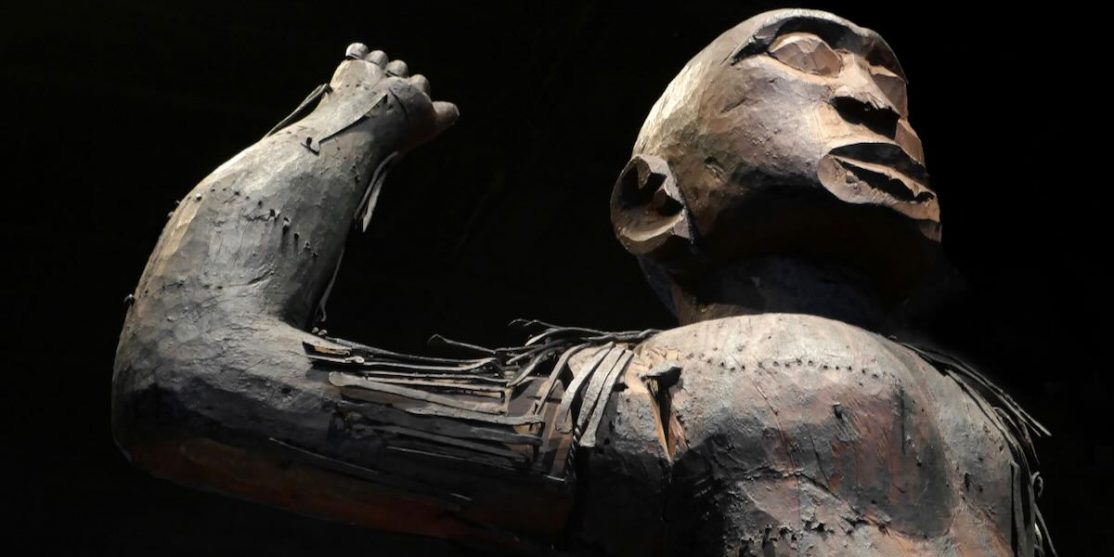EUROPA
Opportunity for a real new start. Comment on the German elections

The results of the German elections are a real cool blast from a winter that is already here – not just for Angela Merkel – and it is no surprise. The entrance of a party to the right of the christian democrats in the German Parliament was a sure thing during last weeks polls – but it breaks a tradition that has kept since the Second World War. The weakness of the social democrats had already been manifested in Martin Schulz unprecedented pre-election campaign – but 20 per cent, the lowest figure in the history of the party, even frightens the last living social democrat. The Germany that wakes up the next day is not the stable Germany imagined by the ruling Europeans – but for sure also not the Germany of those who were hoping for a new change in political connections to a social Europe. But there is no doubt that political and economic elites will deal perfectly with the new “jamaica” coalitions. And with a weaker Merkel, if it does not do well in Europe, it may be good for the health of the competition – no problem for the elites.
The crisis of the classical political system is deepening
The eight years of economic crisis and the continuing austerity policies in Europe did not passed unnoticed from the center of the monster, Germany. The crisis of the classical political system as we used it after the war has blown the largest and strongest EU country. The danger signs were many: the end of two-parties-system in several countries, the successive crises of social democracy and, of course, the empowerment of the extreme right in its various forms.
The outcome of the election is an expression of a general social shift to the right. In 2013, parties left to the center, the so called red-red-green alliance received 42.7% of the votes together. In 2009 it was 45.6%. In these Bundestag elections, it was only 38.6%. Opposite them is a center-right block, which reached a total of 56.3%. We were never farther from a left-wing coalition than today!
The agenda of the election campaign has deliberately focused on the refugee issue and this for various reasons. The first is that Germany remains a deeply racist state and social formation. The vote on AfD is not a punishment vote, but an expression of this long-term shift. Not to forget: In Germany, where the mass right-wing anti-Islamic movement against PEGIDA was founded, in a Germany where the NSU terrorist organization could kill immigrants for ten years without anyone noticing, in a Germany where 2016 every 10 hours a shelter of immigrants and refugees was attacked. It maybe sounds cynic but from a “democratic” point of view it is just fair that this expression of society gets a voice in parliament.
The second reason was that the focus on the issue was not to open up any discussion on the really important topics like the new wave of austerity that the new government is preparing: trimming social benefits, bigger privatizations, rising rent prices and gentrification. The whole rhetoric of the complete political spectrum, from social democrats to the left, their populist discourse even fueled the far right.
The party of the left, Die Linke, and its program have failed to differentiate themselves from the agenda of the two major parties. Die Linke’s reformism has resulted in a queue of over-conservative policy, and has not even managed to break with it even in its slogans.
This was also evident in the first statement of Die Linke’s leader, Sarah Wagenknecht, after the announcement of the first results, where she hastened to recall that the Left should clear its position on the refugee question. But a nearer look to the results prove her wrong: although Die Linke lost half a million votes to the far-right, but at the same time the result shows in Bavaria, where AfD received high figures from Merkel’s CSU brother, that it is the wrong strategy to just pick up the far-right agenda against the flows of refugees as Horst Sheehofer, head of the CSU, did.
Some on the left are hoping with the entry of the social democrats into the opposition a new opportunity for a left-wing coalition for the next election. They hope the SPD will learn from the mistakes of co-governance in recent years. But here again the cat bites his tail: Die Linke is again in danger of appearing without a own recognizable social profile and losing its voters not to the far-right but to the social-democratic direction. It is surely time for Die Linke to rethink also their choices in leadership: a charismatic leader which represents a new turn of the party teamed with a generation of new young and ambitioned members could bring some color in its grey politics and history. Maybe a task for Katja Kipping? The left can’t handle another round of Sahra and Dietmar – this would be a catastrophy.
The big bet for the progressive forces in the democratic republic of Germany would be instead to put all the hopes on a single and wrong issue, to open real debates about social policy, austerity plans and the future of Europe. On Sunday evening, thousands of mainly young citizens went to the streets in several German cities against the AfD election victory. In Berlin, they even visited their electoral party where they stayed for hours in the presence of a large police force. Part of the bet is to make movements and networks for social change not to remain in the political attitude of “against”. This does not only apply to the risk of fascization of German society, but also to the economic and social policy of the country. Is the social left able to express a vision that will put the young, unemployed and precarious workers on the move?




